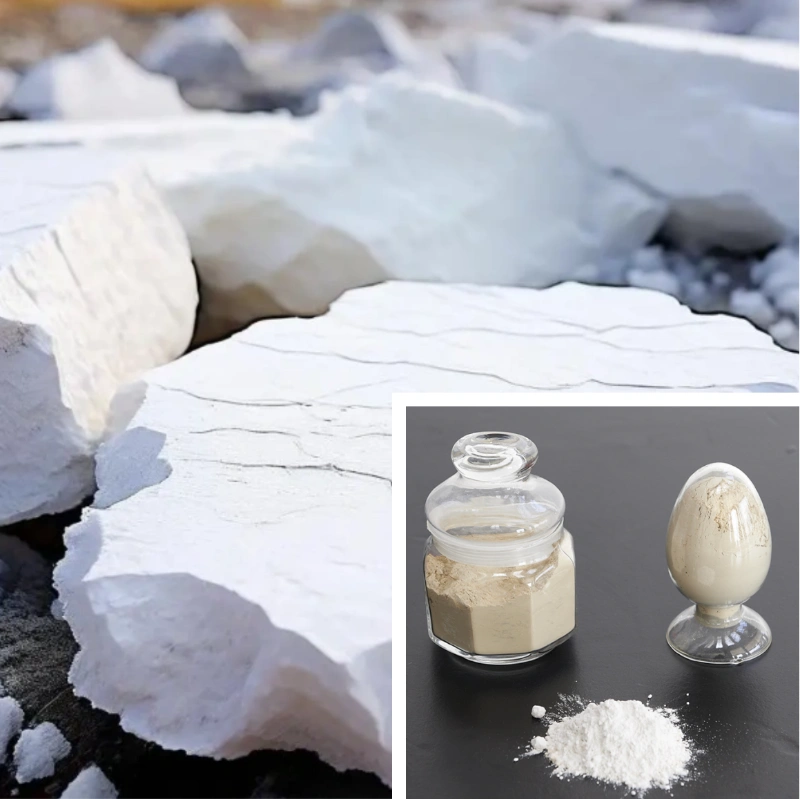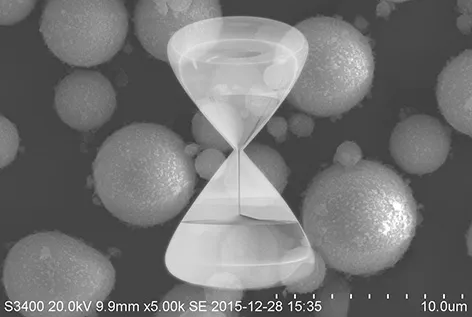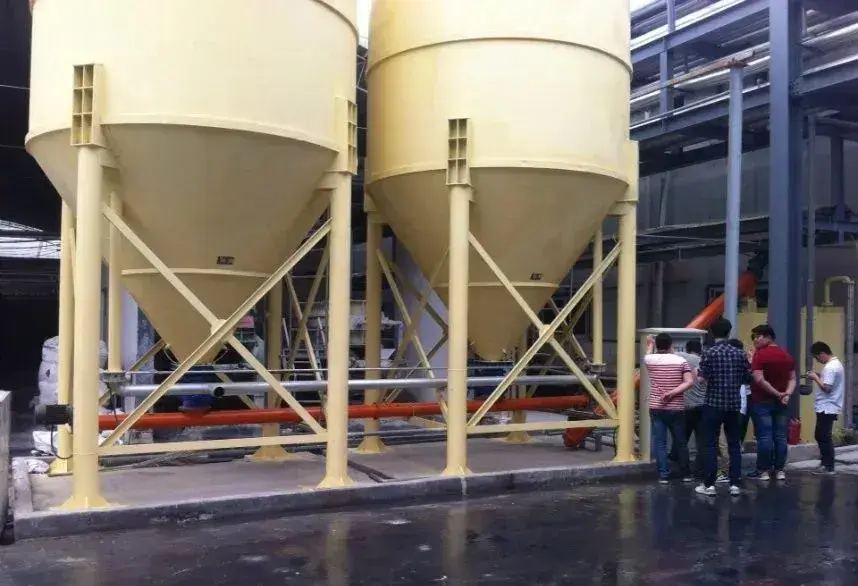Bentonite is a hydrous clay mineral, primarily composed of montmorillonite. It is widely known as “universal clay” due to its exceptional properties. These include swelling capacity, binding ability, adsorption, catalysis, thixotropy, suspension stability, and cation exchange capacity. These attributes make bentonite an indispensable additive in the ceramics industry. It is especially crucial in construction sanitaryware and daily-use ceramics.

Bentonite in Construction Sanitary Ceramics
In construction and sanitary ceramics, bentonite is mainly used as a binder and thickener. It significantly enhances the strength and stability of ceramic bodies. This reduces deformation during firing and increases the yield of finished products. Bentonite’s adsorption and ion-exchange properties help remove impurities from raw ceramic materials. This improves the purity and overall quality of the final products, which is crucial for high-end sanitary ceramics.
Calcium-based bentonite is especially valued in this field. It not only increases the hardness and wear resistance of ceramics but also adjusts the melting behavior and surface smoothness of glazes, enhancing the glossiness of the ceramic surfaces. However, the dosage of calcium-based bentonite must be carefully controlled. Too much or too little can affect the glaze uniformity and surface smoothness, potentially reducing the gloss.

Bentonite in Daily-Use Ceramics
In daily-use ceramics, bentonite also plays a crucial role. As a binder, it improves the strength and stability of the ceramic body. Its excellent suspension and thixotropic properties make ceramic glazes more uniform and delicate, resulting in smoother and finer surfaces after firing, with an improved tactile feel.
Non-calcium bentonite is more widely used in this field. It prevents calcium deposits in glazes, maintaining clarity and transparency. It also provides better dispersion and stability, allowing the glaze to evenly adhere to the ceramic body during firing and improving the gloss and uniformity of the final surface.
These benefits make bentonite essential for producing daily-use ceramics that are not only functional but also visually appealing—meeting modern consumers’ demand for high-quality lifestyle products.
Specific Roles of Bentonite in Ceramic Processing
Binder: Enhances cohesion of the ceramic body, preventing cracking or deformation during forming and firing.
Thickener: Increases glaze viscosity, allowing even application without running or dripping.
Adsorbent: Removes impurities from raw materials, improving ceramic purity and quality.
Suspension Agent: Keeps glaze particles suspended, ensuring even, fine distribution.
Thixotropic Agent: Improves the rheological properties of glazes, making them easier to apply during coating.
Bentonite in Construction and Ceramics is not just a functional additive—it’s a key component in achieving quality, consistency, and performance in ceramic products across industries.
Epic powder
With its outstanding properties and wide applications in ceramics, bentonite continues to play a vital role in enhancing product quality and production efficiency. Epic Powder, with over 20 years of expertise in ultrafine grinding and classification technology, offers customized bentonite powder processing solutions—including grinding mills, air classifiers, and surface modification equipment. These advanced systems ensure stable particle size, improved purity, and optimal performance of bentonite in construction and daily-use ceramics, helping manufacturers meet the growing demand for high-quality ceramic products.

